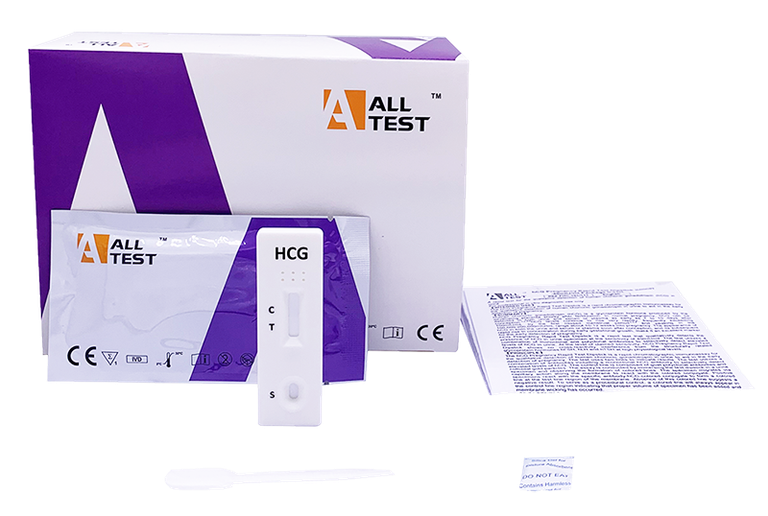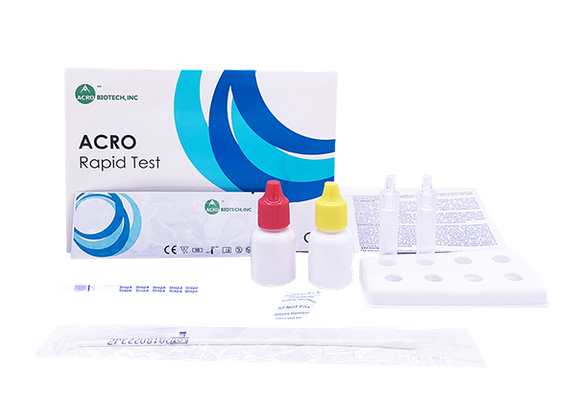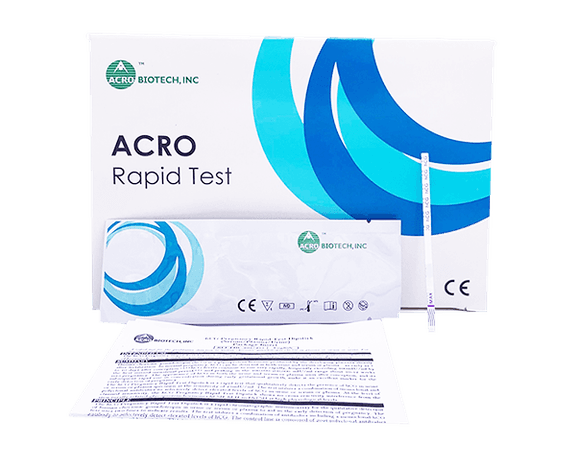COVID-19 pandemic has contributed to the aggravation of Antimicrobial Resistance
Antimicrobial resistance (AMR) is an emerging health threat, but the COVID-19 pandemic set back many actions already combating AMR. Before COVID-19, Antimicrobial stewardship programs and National Actions Plans significantly progressed to slow down Antimicrobial Resistance in many countries. Due to the emergency in the healthcare systems caused by COVID-19, many planned activities were deprioritized and already integrated preventive actions were reversed1,2. For example, antibiotics were prescribed more often without diagnostic confirmation about bacterial infection than before the pandemic1,3.
Recently, the US Centers for Disease Control and Prevention reported that after several years of decrease, antimicrobial resistant hospital-onset infections and deaths increased by at least 15% during the first year of the pandemic. The change in trend indicates that AMR preventive actions must be readdressed and integrated back into the healthcare systems.
Antibiotics were commonly prescribed for hospitalized COVID-19 patients
Antibiotics do not cure viral infections, such as COVID-19, but bacterial co-infections may sometimes accompany viral infections. Treating COVID-19 patients with antibiotics, especially in the early pandemic, seemed to be rather a rule than an exception in many countries. There were concerns about bacterial co-infections, and difficulties in differentiating COVID-19 from community-acquired pneumonia that led excessive antibiotic use. In the USA and China, 80-100% of hospitalized COVID-19 patients received antibiotics1,4. However, bacterial co-infections were reported only on 7-8% of hospitalized and 14% of intensive care patients4, which suggests that antibiotics were often inappropriately used in the treatment of COVID-19.

The use of broad-spectrum antibiotics increased during COVID-19
In primary care, overall antibiotic consumption decreased in many countries during COVID-19 due to fewer visits to primary care and less spread of respiratory infection. However, the consumption of broad-spectrum antibiotics increased in the EU/EEA countries in both primary care and hospitals.5 Also, in the USA, broad-spectrum antibiotics were commonly used in hospitalized COVID-19 patients1. Broad-spectrum antibiotics are effective against a wide range of bacteria. They are not a first option treatment: they should be used only to treat severe bacterial infections. Therefore, it is necessary to use them correctly to prevent the development of resistance to these drugs.
Immediate actions are needed to optimize antibiotic use and prevent AMR
Now it is more urgent than ever to focus on AMR and reinforce antimicrobial stewardship programs to ensure the appropriate use of antibiotics and other AMR preventive actions in healthcare. Performing fast and accurate point of care tests before antibiotic prescribing, such as QuikRead go CRP and Strep A tests, are an efficient way to optimize antibiotic prescribing and prevent the development of antibiotic resistant bacteria.
Find our portfolio for CRP and Strep A point of care tests from our website: Point of care / QuikRead go
References
- Centers of Disease Control and Prevention (CDC). COVID-19: U.S. Impact on Antimicrobial Resistance, Special report 2022. Atlanta, GA: U.S. Department of Health and Human Services. https://www.cdc.gov/drugresistance/pdf/covid19-impact-report-508.pdf
- Pan American Health Organization. Antimicrobial Resistance, Fueled by the COVID-19 Pandemic. Policy Brief November 2021. https://iris.paho.org/handle/10665.2/55864
- Mantzourani et al. To swab or not to swab? Using point-of-care tests to detect Group A Streptococcus infections as part of a Sore Throat Test and Treat service in community pharmacy. J Antimicrobial Chemoter 2021; 77:803–806.
- Lansbury et al. Co-infections in people with COVID-19: a systematic review and meta-analysis. J Infect 2020;81(2):266–275.
- Organisation for Economic Co-operation and Development (OECD), European Centre for Disease Control and Prevention (ECDC), European Food Safety Authority (EFSA) and European Medicines Agency (EMA). Briefing note: Antimicrobial Resistance in the EU/EEA: A One Health Response. 2022.


